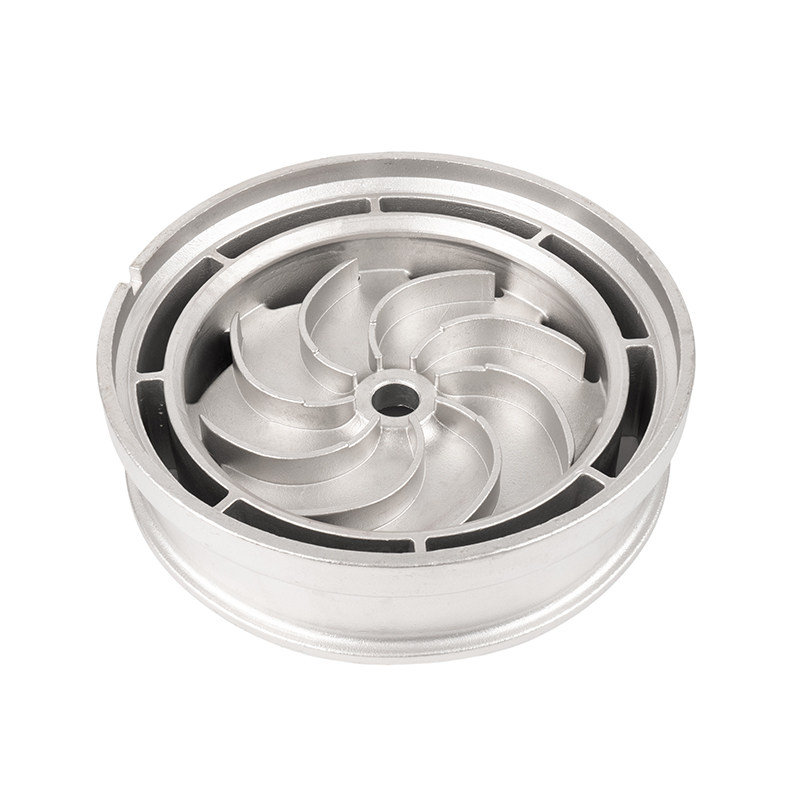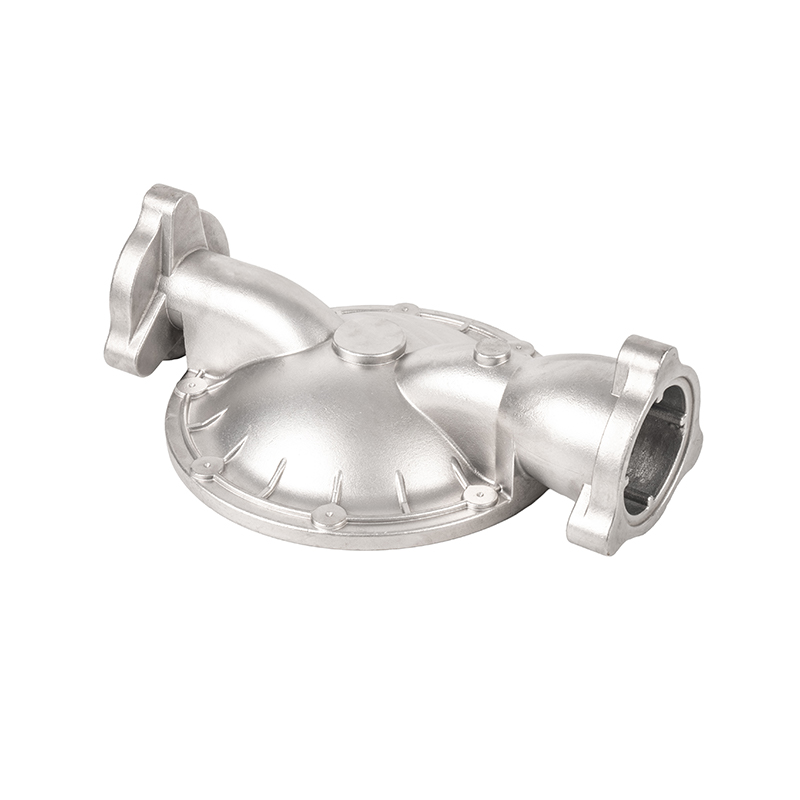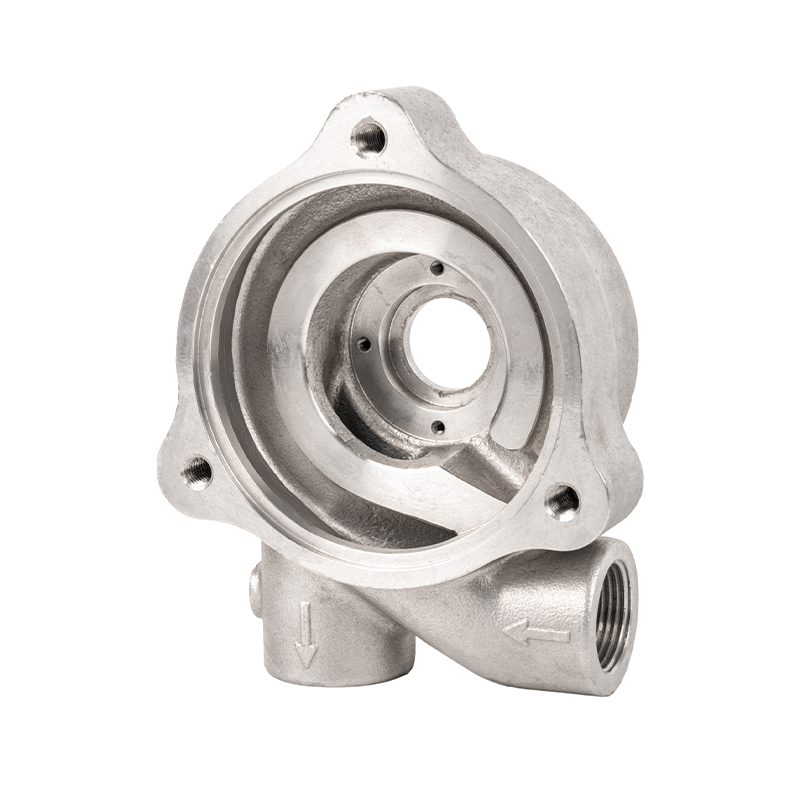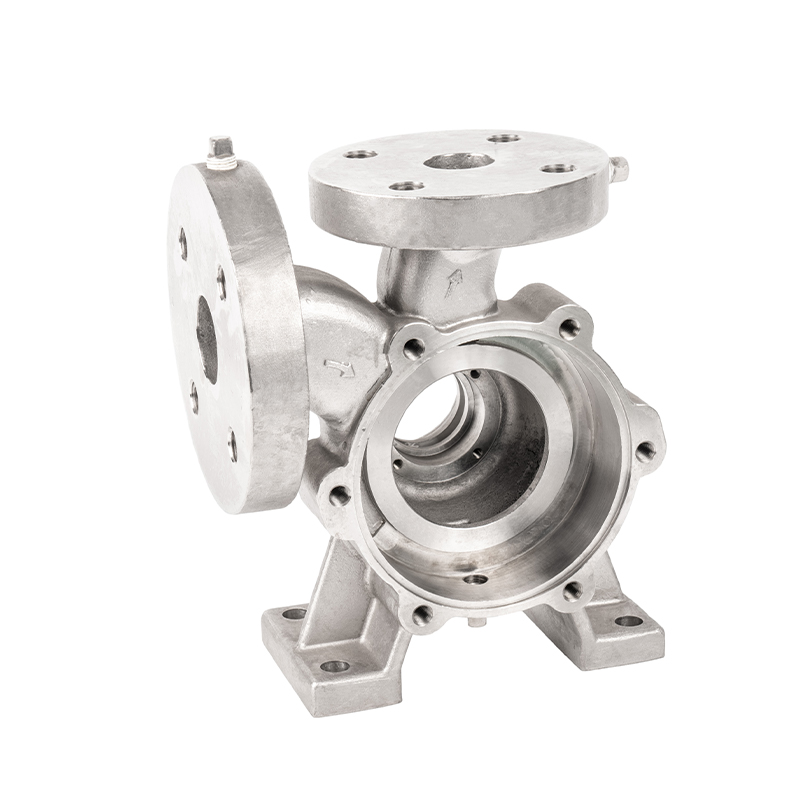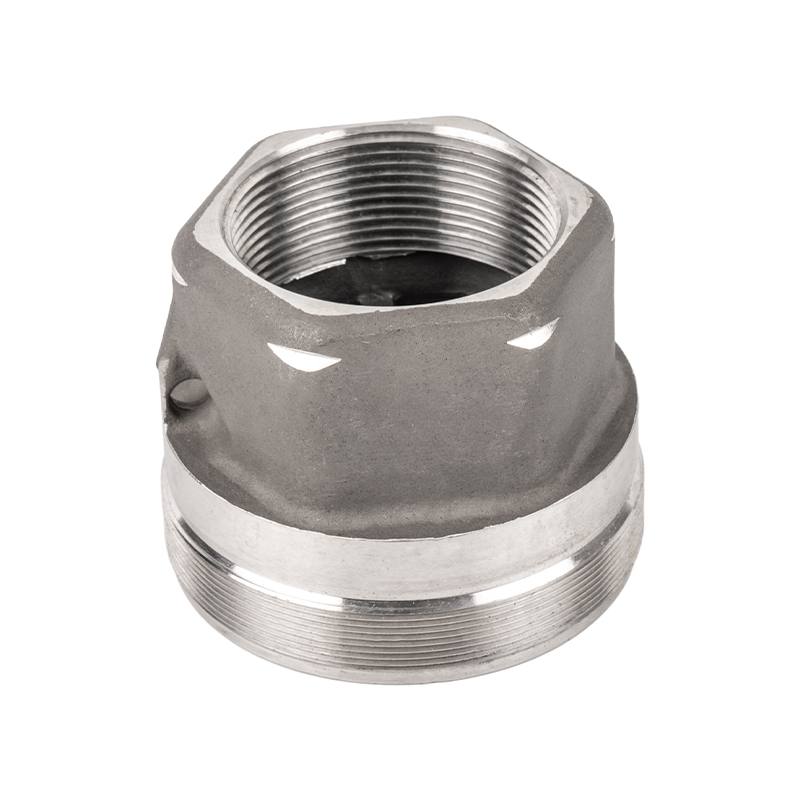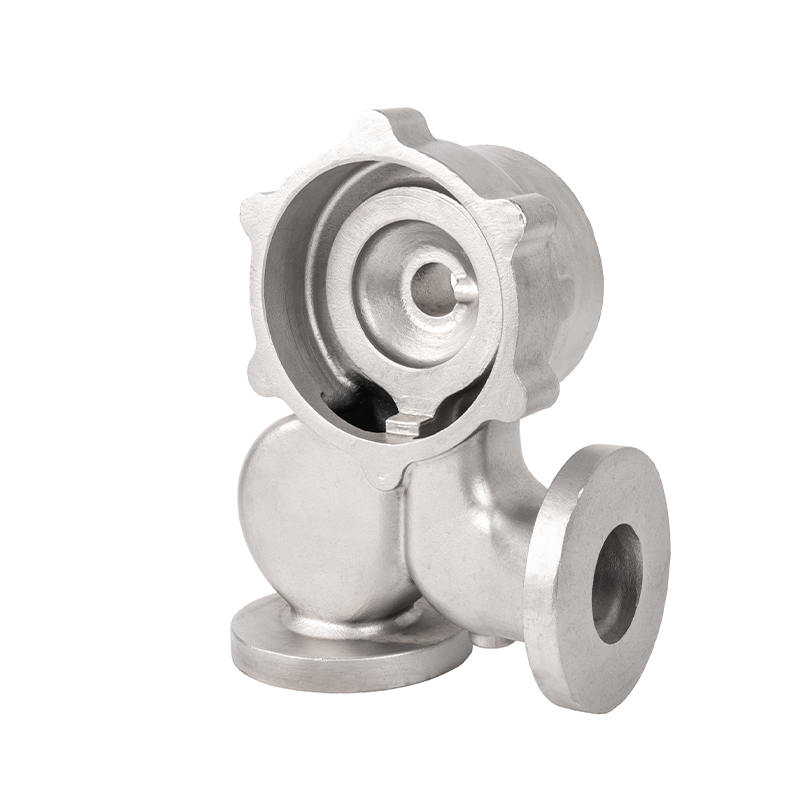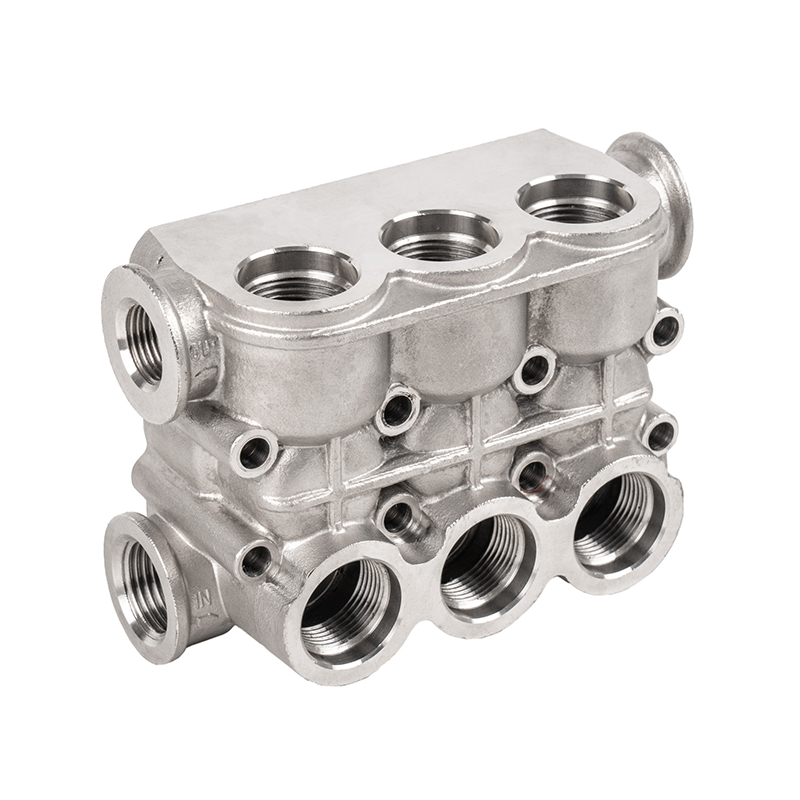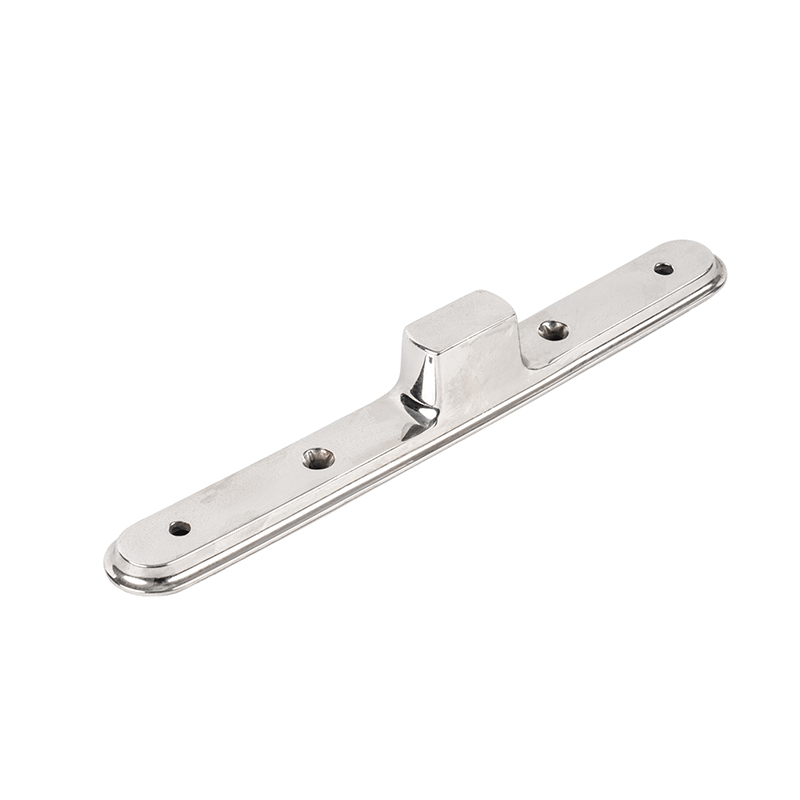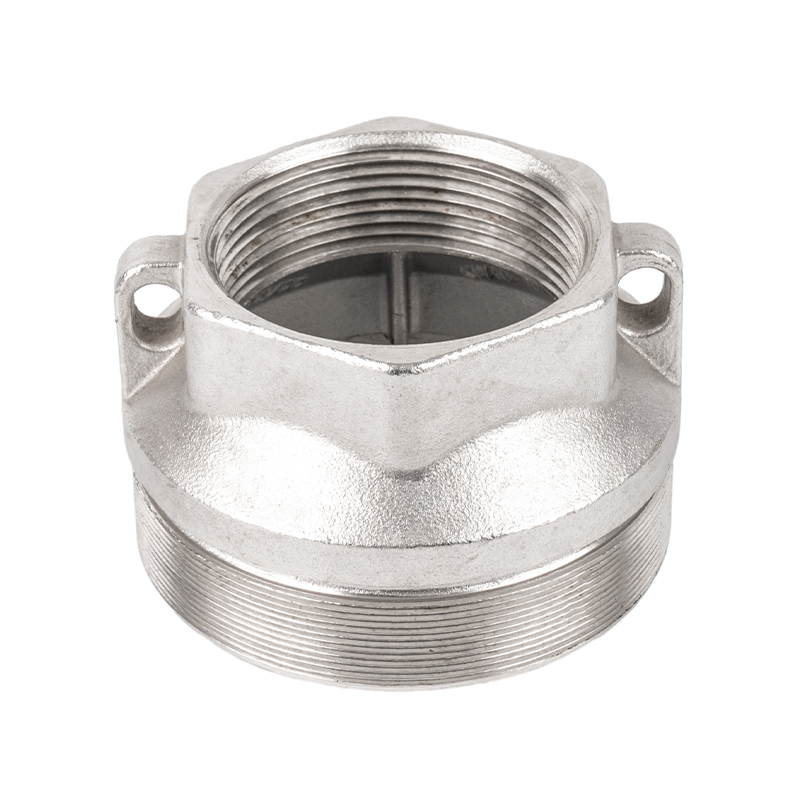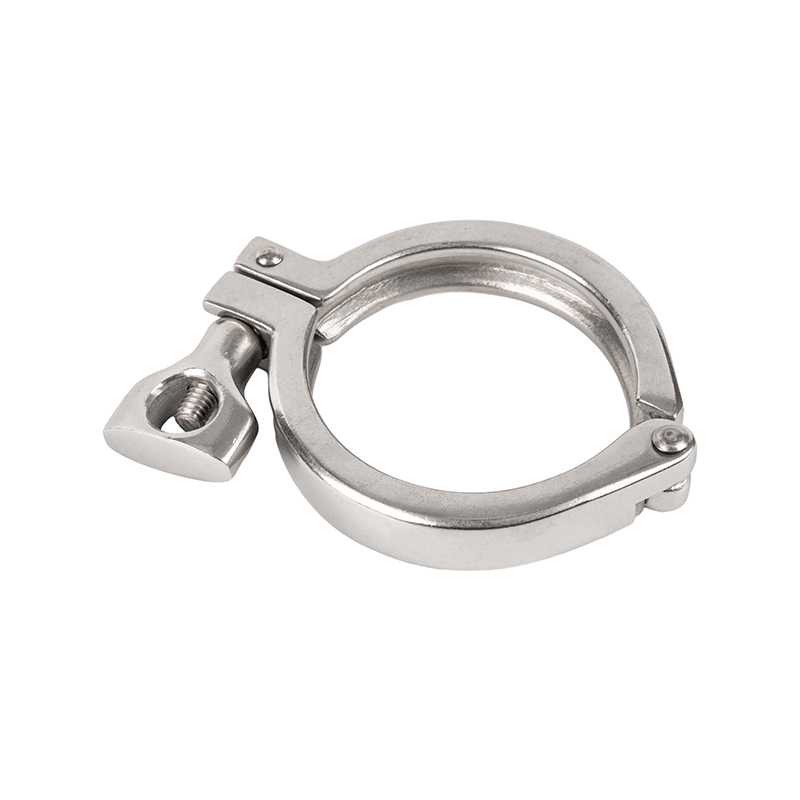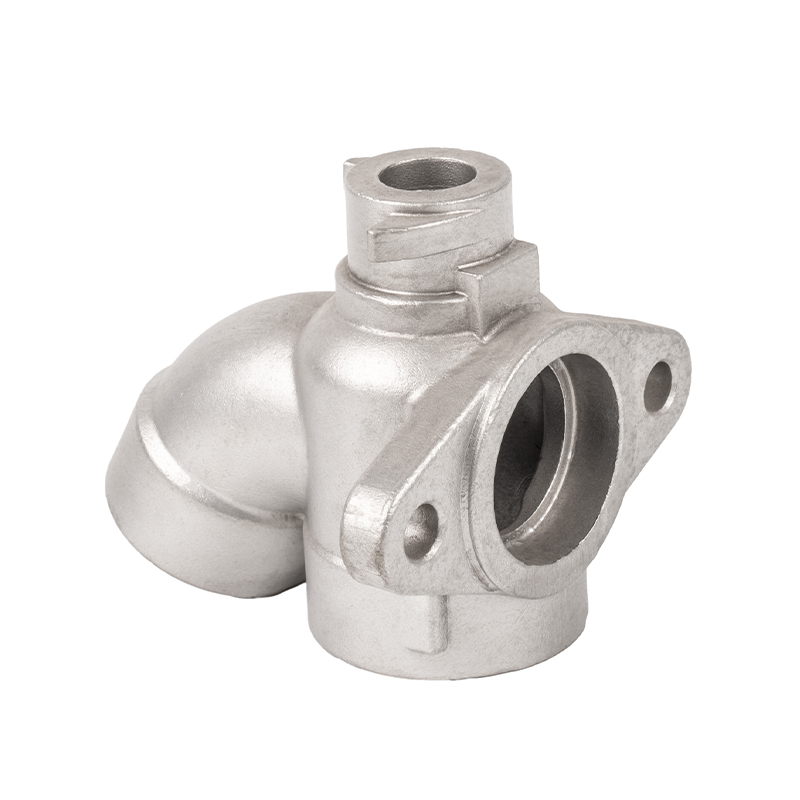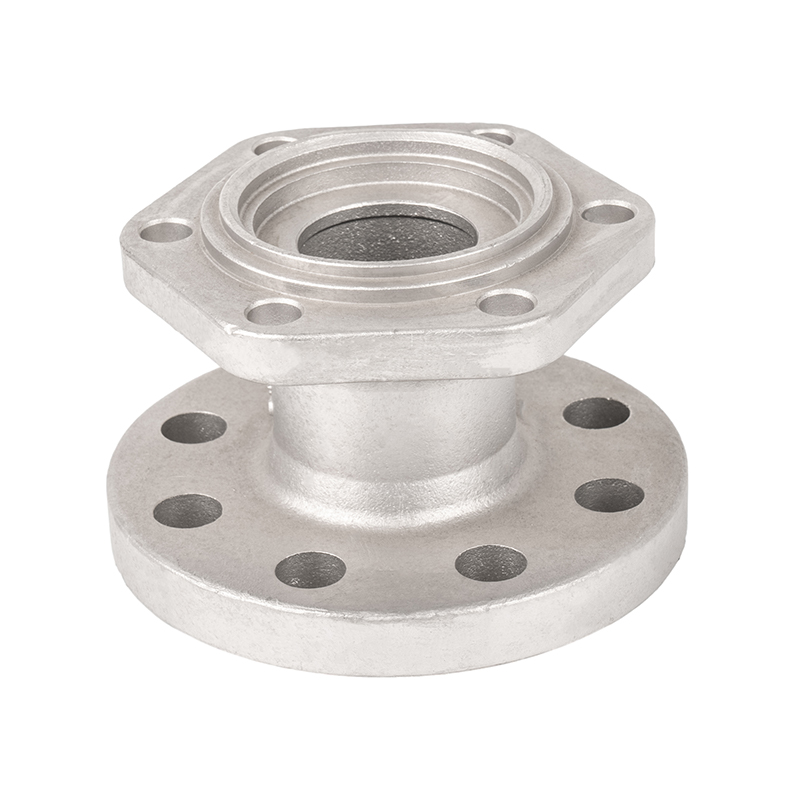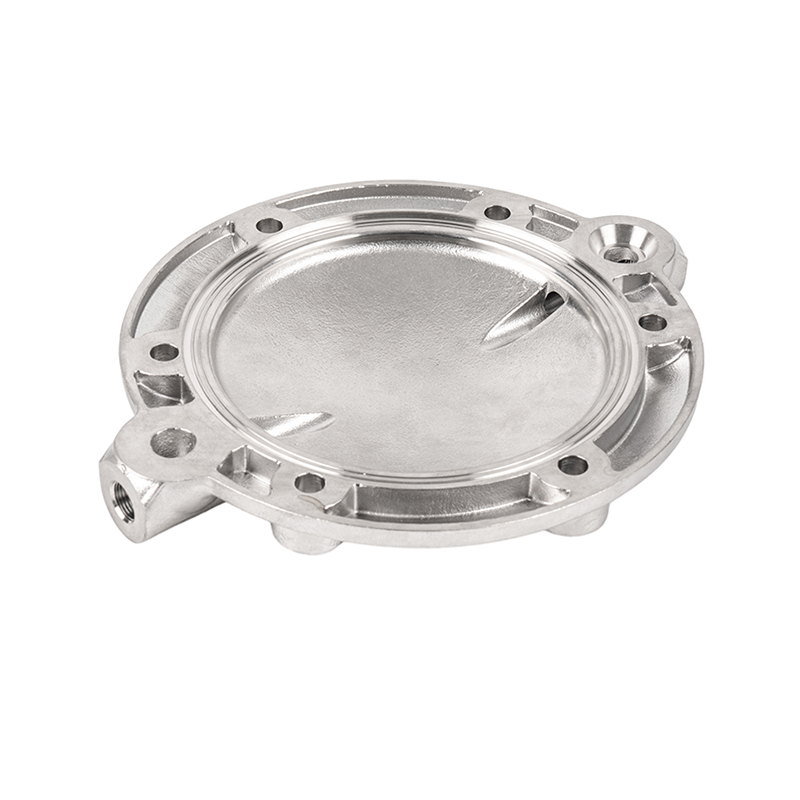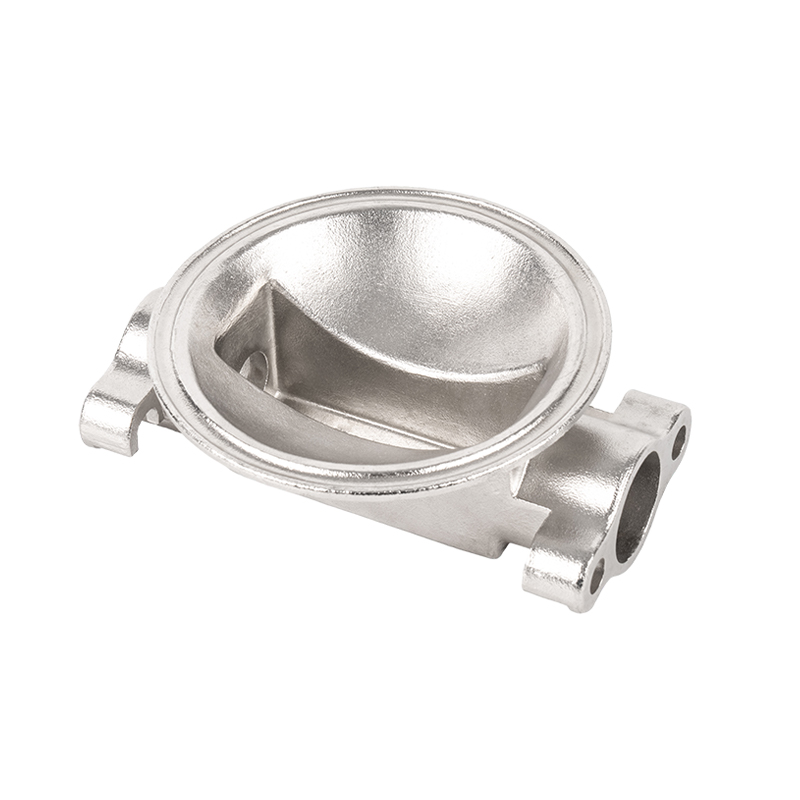What is the effect of heat treatment process on the performance of fuel injection pump castings
The fuel injection pump is the core component of the engine fuel supply system, and its casting quality directly affects the service life and working stability of the fuel injection pump. As a key step in the production of fuel injection pump castings, the heat treatment process can significantly improve the mechanical properties, wear resistance and dimensional stability of the castings, and ensure the reliable operation of the fuel injection pump under high pressure, high temperature and high load conditions.
The main purpose of heat treatment of fuel injection pump castings
After the casting of the fuel injection pump castings, the internal structure is mostly as-cast structure, with more residual stress and uneven microstructure. The heat treatment process achieves the homogenization of the internal structure of the casting and the improvement of performance through heating, insulation, cooling and other processes. The specific goals include:
Eliminate casting residual stress and reduce the risk of deformation and cracking.
Adjust the microstructure of the casting to improve hardness and strength.
Improve wear resistance and extend the service life of the fuel injection pump.
Improve dimensional stability and ensure subsequent processing accuracy.
Common heat treatment process types for fuel injection pump castings
Normalizing treatment
Normalizing is to heat the casting to an appropriate temperature (generally between 800℃ and 900℃), keep it for a certain period of time, and then cool it in the air. Normalizing can refine the grain structure of the casting, evenly distribute carbides, and improve the comprehensive mechanical properties of the casting. The fuel injection pump casting after normalizing has good strength and toughness, and is suitable for parts that need to withstand high pressure.
Quenching and tempering
Quenching is to heat the casting to above the critical temperature, austenitize it, and then quickly cool it (usually using oil cooling or water cooling) to form a high-hardness martensitic structure. Tempering treatment is then carried out to reduce brittleness and improve toughness. The quenching and tempering process enables the fuel injection pump casting to obtain a combination of high strength, high hardness and good toughness, which is suitable for working environments that require wear resistance and impact resistance.
Annealing treatment
Annealing is a process in which the casting is heated to an appropriate temperature and then slowly cooled. It is mainly used to reduce hardness, eliminate internal stress and improve cutting performance. For some fuel injection pump castings with complex shapes, annealing helps to reduce subsequent processing deformation, improve processing efficiency and dimensional accuracy.
Aging treatment
For some alloy fuel injection pump castings, aging treatment (artificial aging) can promote the formation of precipitation strengthening phase, further improve the strength and hardness of the castings, and enhance wear resistance.
The influence of heat treatment process parameters on the performance of fuel injection pump castings
Heat treatment temperature, holding time and cooling method are key parameters that determine the performance of fuel injection pump castings. Too high or too low temperature will affect the microstructure transformation, resulting in substandard performance. Reasonable holding time ensures uniform temperature inside the casting and complete transformation of the structure. The cooling rate controls the balance between hardness and toughness. Rapid cooling forms hard and brittle martensite, while slow cooling generates ferrite and pearlite with good toughness.
Improvement of key performance indicators of fuel injection pump castings by heat treatment
Strength and hardness
Heat treatment refines the internal grains of fuel injection pump castings and evenly distributes carbides, thereby significantly improving yield strength and tensile strength. The quenching and tempering process is particularly effective. The increase in hardness can increase the wear resistance of the casting, reduce wear, and ensure the long-term stable operation of the fuel injection pump.
Wear resistance
When the fuel injection pump is working, there is high-frequency friction between the parts. By strengthening the surface and internal structure through heat treatment, improving hardness and toughness, the fuel injection pump casting can better resist abrasive erosion and fatigue damage, and extend the maintenance cycle.
Dimensional stability
During the cooling process, the casting will produce residual stress, causing deformation and cracks. Heat treatment eliminates these stresses, ensures that the casting is dimensionally stable during subsequent mechanical processing, reduces processing errors, and improves assembly accuracy.
Fatigue resistance
The fuel injection pump casting that has been properly heat treated has a uniform internal structure and no obvious defects, effectively improving the fatigue limit, enhancing the ability to resist vibration and impact, and meeting the requirements of long-term high-intensity operation of the engine.


 English
English Español
Español русский
русский 中文简体
中文简体

